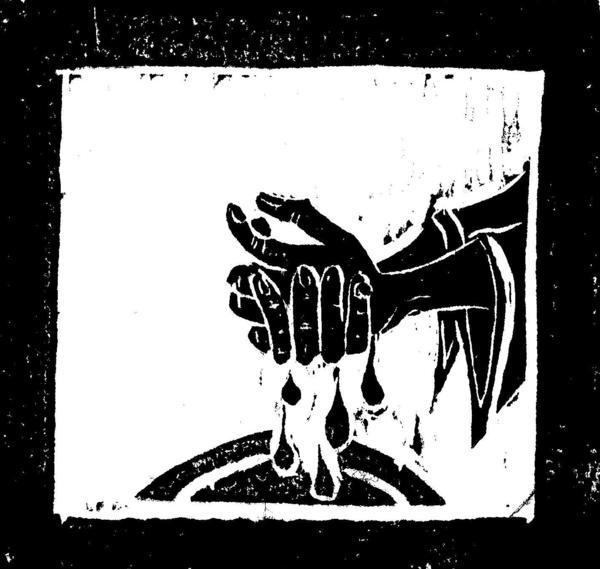
37 Pilate asked him, “So you are a king?” Jesus answered, “You say that I am a king. For this I was born, and for this I came into the world, to testify to the truth. Everyone who belongs to the truth listens to my voice.” 38 Pilate asked him, “What is truth?”
John 18:37-38 (NRSV)
Well, it shouldn't surprise us that "post-truth" has been chosen as the word of the year:
Oxford Dictionaries chose "post-truth" as their word of the year on Wednesday, saying its use had spiked because of the Brexit vote in Britain and the rise of Donald Trump in the United States.
"Post-truth has gone from being a peripheral term to being a mainstay in political commentary," Oxford Dictionaries said in a statement, noting that usage had increased by 2,000 percent since last year. The publisher defined the word as "relating or denoting circumstances in which objective facts are less influential in shaping public opinion than appeals to emotion and personal belief".
A few years ago the term "truthiness" to describe the vague and rather uneasy relationship with the truth which afflicts our society. Post-truth takes this a step further, into a realm where what might appear as flat-out falsehood and lying is ignored or accepted because it fits the convictions of the hearer.
Some would argue that this is what religion is all about, the subjective lens through which we see the world. Sadly, this can be the case, yet we hope that as we discern and listen for the voice of God we will develop a moral and ethical framework based on justice, compassion and abiding love. It would seem that many Christians in the United States readily abandoned any concern about this sort of truth during the recent election. One evangelical leader cogently observed that the religious right had become what it often rails against, a morally relativistic community which no longer cares about reading its moral compass as long as its needs are met.
When Jesus, under arrest, told the Roman procurator Pilate that he had come to bear witness to the truth the cynical response was "what is truth?" The gospel writer John doesn't record a response from Jesus. This was not a comfortable theological chat but a declaration of mission, in spite of the outcome.
After this exchange Pilate admits that there is no real case against Jesus and wants to release him. Instead he does the morally and politically expedient thing, literally washing his hands of responsibility and sending Jesus to be scourged and crucified.
I pray that we will not become a hand-washing, post-truth culture, but I'm discouraged of late. I think of the late, quirky Christian writer Flannery O'Connor who offered "you shall know the truth, and the truth shall make you odd." How true.
Thoughts?

No comments:
Post a Comment